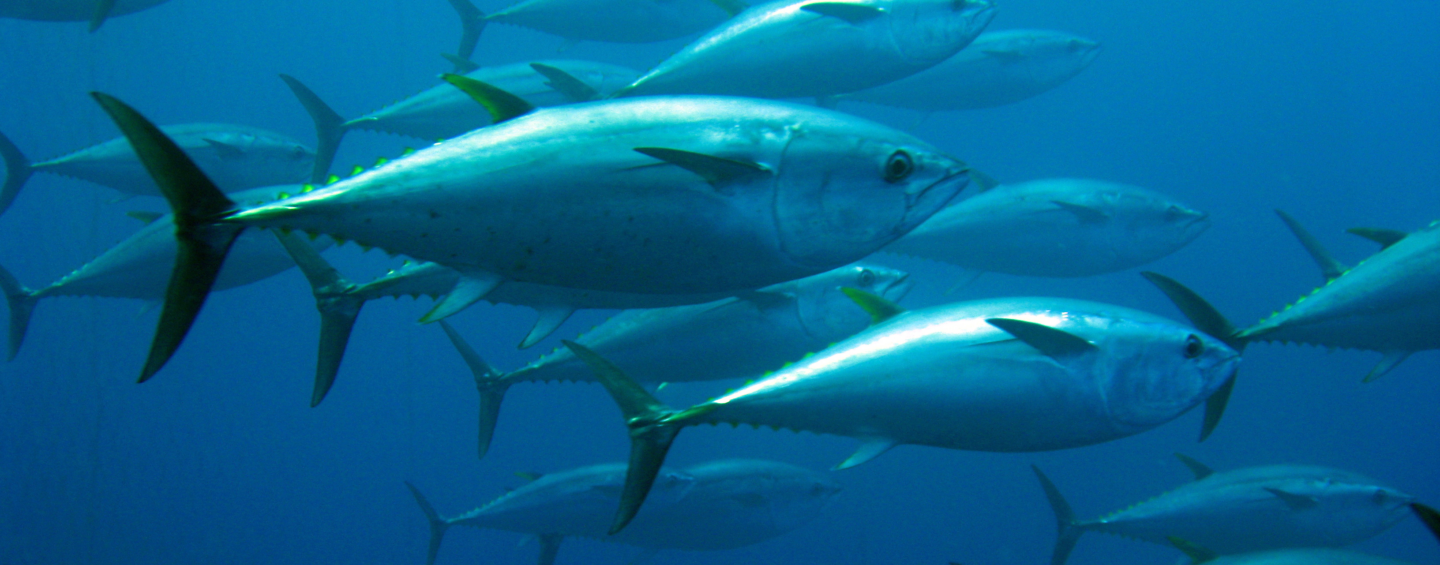The Western and Central Pacific Fisheries Commission (WCPFC) is one of the five Regional Fisheries Management Organizations (RFMOs) that exist to manage highly migratory species, notably tuna, sharks, and billfish.
These “Tuna RFMOs” have management powers to set limits to catch and/or fishing effort, technical measures, and control obligations for tuna and associated species (i.e., fish and non-fish bycatch). The individual countries making up each RFMO implement these management measures separately.
Each year, usually in late November or early December, the WCPFC holds its annual meeting. Delegations review updated scientific advice, discuss key tuna sustainability issues, and (hopefully) adopt effective and enforceable conservation and management measures. The 2017 meeting of the WCPFC takes place 2–5 December in Manila and SFP is urging the commission to take action on harvest strategies.
We are pleased to note that the 2017 Western Central Pacific Ocean yellowfin assessment indicates that the stock is not at unhealthy levels and overfishing is not occurring. Furthermore, the 2017 Western Central Pacific Ocean bigeye stock assessment is more positive than in recent years.
However, at present, fisheries management decisions are based predominantly on short-term objectives, putting the long-term sustainability of these tuna fisheries at increased risk. SFP believes harvest strategies, which include pre-agreed frameworks for making fisheries management decisions (including changing limits to catch or effort), would help move beyond the current political gridlock too often seen in the tuna RFMOs.
SFP is a member of the Global NGO Tuna Forum, a collection of NGOs with interests in tuna that, in May 2017, agreed to press all four tuna RFMOs to adopt comprehensive and precautionary harvest strategies, and to implement them within 3–5 years.
It is noted that while progress has been made at the RFMO level to put precautionary harvest strategies in place, there is substantial variance in individual performance by the RFMOs.
Additionally:
- No RFMO is currently addressing all core elements as defined above.
- Implementation has either yet to be started or has not occurred fully.
- The adoption and implementation of harvest strategies is not moving fast enough.
- There are concerns about backsliding.
Accordingly, SFP is calling upon the WCPFC to:
- Establish and implement interim limit reference points (LRPs) and target reference points (TRPs) for all key stocks (target and bycatch).
- Develop and implement a system of pre-agreed management actions (a harvest control rule or management procedure) that adjusts the catch (or effort) in response to increases or decreases in stock abundance so as to keep the stock fluctuating around the TRP and above the LRP.

